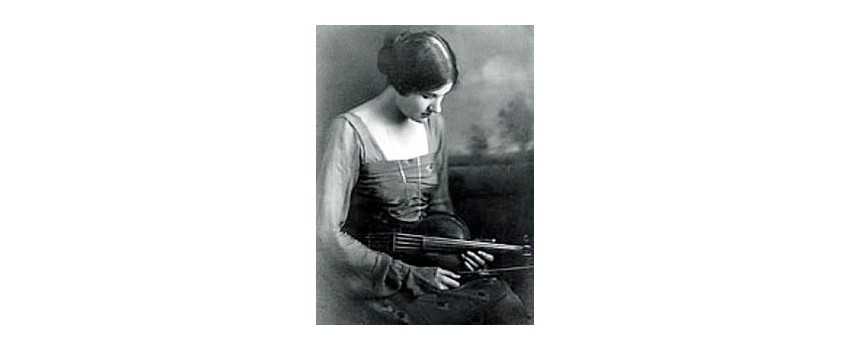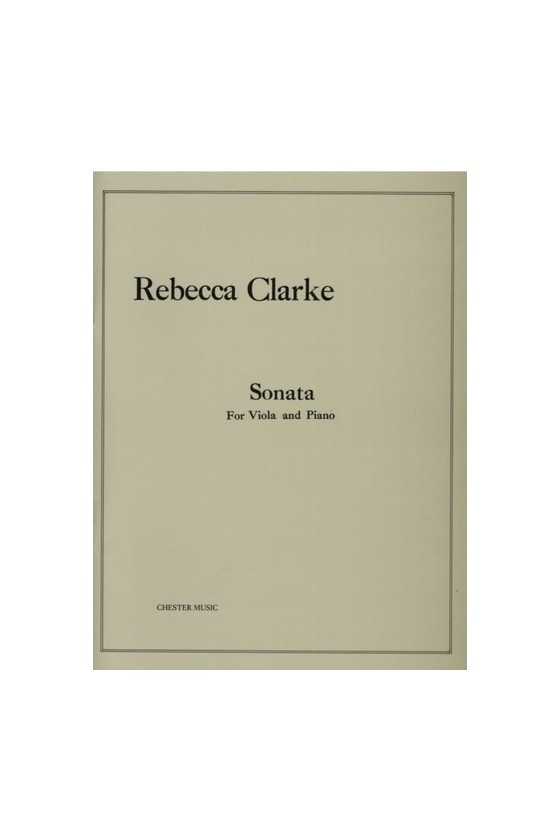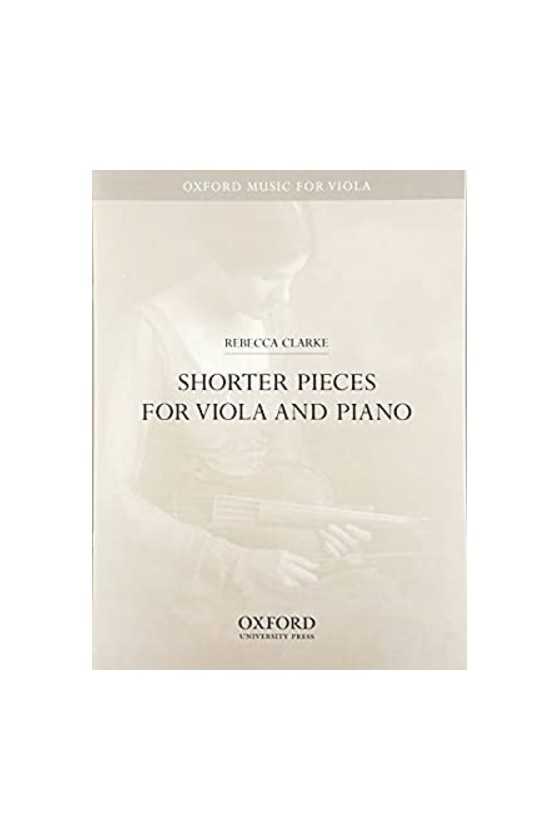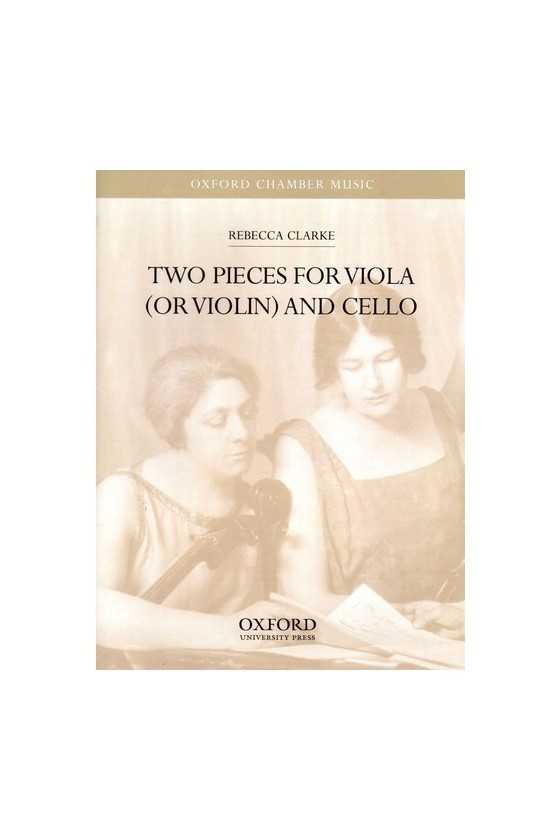- MenuBack
- Instruments
- Strings
- Violin Strings
- Violin Strings A-N
- Alphayue Violin Strings by Thomastik-Infeld
- Ascente Violin Strings by D'Addario
- Aurora Violin Strings by Larsen
- Chromcor Violin Strings by Pirastro
- Dominant Violin Strings by Thomastik-Infeld
- Dominant Pro Violin Strings
- Eudoxa Violin Strings by Pirastro
- Evah Pirazzi Violin Strings by Pirastro
- Evah Pirazzi Gold Violin by Pirastro
- Goldbrokat Violin E Strings
- Helicore Violin Strings by D'Addario
- Hill Violin E String by W. E. Hill & Sons
- Jargar Violin Strings
- Kaplan Violin Strings by D'Addario
- Larsen Violin Strings
- Maestro Violin Strings
- Dynamo Violin Strings by Thomastik-Infeld
- Violin Strings O-R
- Obligato Violin Strings
- Oliv Violin Strings
- Piranito Perpetual Strings
- Opal Titan Violin Strings
- Passione Violin Strings
- Peter Infeld Violin Strings
- Miscellaneous Violin Strings
- Piranito Violin Strings
- Pirastro Gold Violin Strings
- Prelude Violin Strings
- Pro-Arte Violin Strings
- Protos Violin Strings
- Rondo Violin Strings
- Violin Strings S-Z
- Violin Strings A-N
- Viola Strings
- Viola Strings A-O
- Viola Strings P-Z
- Cello Strings
- Cello Strings A-O
- Alphayue Cello Strings
- Aurora Cello Strings by Larsen
- Chorda Cello Strings
- Chromcor Cello Strings
- Clarendon Gold Strings for Cello
- Corelli Cello Strings
- Dominant Cello Strings
- Eudoxa Cello Strings
- Evah Pirazzi Cello Strings
- Helicore Cello Strings
- Jargar Cello Strings
- Kaplan Cello Strings
- Larsen Cello Strings
- Lenzner Cello Strings
- Maestro Cello Strings
- Obligato Cello Strings
- Opal Titan Cello Strings
- Cello Strings P-Z
- NS Design Electric Cello Strings
- Passione Cello Strings
- Permanent Cello Strings
- Perpetual Cello Strings
- Piranito Cello Strings
- Precision Cello Strings by Thomastik-Infeld
- Prelude Cello Strings
- Prim Cello Strings
- Rondo Cello Strings
- Rostanvo Cello Strings
- Spirit Cello Strings
- Spirocore Cello Strings
- Versum Cello Strings
- Warchal Cello Strings
- ZMT - C Extension Cello Strings
- Cello Strings A-O
- Double Bass Strings
- Double Bass Strings
- Belcanto Double Bass Strings
- Dominant Double Bass Strings
- Eudoxa Double Bass Strings
- Evah Pirazzi Double Bass Strings
- Helicore Double Bass Strings
- Kaplan Double Bass Strings
- Maestro Double Bass Strings
- NS Electric Double Bass Strings
- Obligato Double Bass Strings
- Perpetual Double Bass Strings by Pirastro
- Precision Double Bass Strings
- Prelude Double Bass Strings
- Spirocore Double Bass Strings
- Superflexible Double Bass Strings
- Double Bass Strings
- Bows
- Cases
- Accessories
- Learn - All Grades
- Beginner Methods A-N
- Abracadabra
- Adventures in Violinland
- The ABC's books
- All for Strings
- Artistry in Strings
- A Tune A Day
- Blackwell Books
- Colour Strings Books
- Edward Huws Jones
- Encore On Strings
- Essential Elements
- Flying Start for Strings
- L Fin Beginning Ensemble Series
- Katherine and Hugh Colledge
- Mary Cohen Books
- My First Pieces & My Next Pieces
- Nelson Books
- New Directions for Strings
- Perform
- Violin Sheet Music
- Composers Violin A-C
- Accolay, Jean Baptiste
- Achron, Joseph Yulyevich
- Albinoni, Tomaso
- Arne, Thomas Augustine
- Bach, Johann Sebastian
- Beethoven, Ludwig van
- Bloch, Ernest
- Beriot, Charles Auguste De
- Brahms, Johannes
- Bridge, Frank
- Bruch, Max
- Carse, Adam
- Campagnoli, Bartolomeo
- Cerulli, Bob
- Chausson, Ernest
- Chopin, Frédéric François
- Copland, Aaron
- Corelli, Arcangelo
- Corigliano, John
- Composers Violin D-G
- Dancla, Charles
- Debussy, Claude
- Delius, Frederick
- De Falla, Manuel
- Dinicu, Grigoraș Ionică
- Doflein, Elma
- Drdla, Franz
- Dvorak, Antonin
- Eccles, Henri
- Edwards, Ross
- Elgar, Edward
- Faure, Gabriel
- Finzi, Gerald
- Fiocco, Joseph Hector
- Franck, César-Auguste
- Gade, Jacob
- Guareschi, Giovannino
- Giazotto, Remo
- Górecki, Henryk
- Glazunov, Alexander
- Composers Violin H-K
- Composers Violin L-M
- Composers Violin N-T
- Perlman, Itzhak
- Paganini, Niccolò
- Power, James
- Prokofiev, Sergei
- Rachmaninoff, Sergei
- Ravel, Maurice
- Rieding, Oskar
- Rimsky-Korsakov, Nikolai
- Rode, Jacques Pierre Joseph
- Saint-Saens, Camille
- Sarasate, Pablo de
- Schumann, Robert
- Schubert, Franz
- Schradieck, Henry
- Seitz, Friedrich
- Shostakovich, Dmitri
- Sibelius, Jean
- Smetana, Bedrich
- Spohr, Louis
- Solos for Young Violinists
- Strauss, Richard
- Stravinsky, Igor
- Suk , Josef
- Szelenyi, Istvan
- Szymanowski, Karol
- Tartini, Giuseppe
- Tchaikovsky, Pyotr Ilyich
- Telemann, Georg Philipp
- Piazzolla, Astor
- Composers Violin U-Z
- Popular Violin Sheet Music
- Other Violin Sheet Music
- Composers Violin A-C
- Viola Sheet Music
- Composers Viola A-C
- Accolay, Jean-Baptiste
- Anderson, Kenneth
- Bach, Johann Christian
- Bach, Carl Philipp Emanuel
- Bach, Johann Sebastian
- Bartók, Béla
- Bax, Arnold
- Beethoven, Ludwig van
- Bériot, Charles Auguste de
- Biber, Heinrich Ignaz Franz
- Bloch, Ernest
- Boccherini, Luigi
- Böhm, Karlheinz
- Bohm, Theobald
- Bowen, York
- Brahms, Johannes
- Bridge, Frank
- Britten, Benjamin
- Bruch, Max Felix
- Butterworth, Arthur
- Carter, Elliott
- Clarke, Rebecca
- Corelli, Arcangelo
- Corrette, Michel
- Composers Viola D-G
- Dale, Benjamin
- Dean, Brett
- Debussy, Claude
- Dittersdorf, Carl Ditters von
- Dodgson, Stephen
- Dounis, Demetrius Constantine
- Dvořák, Antonín
- Eccles, Henry
- Elgar, Edward
- Eliot, Norton, Charles
- Enesco, Georges
- Fauré, Gabriel
- Fiocco, Joseph-Hector
- Forbes, Watson
- Franck, Cesar
- Francoeur, François
- Fuchs, Lillian
- Gershwin, George
- Glazunov, Alexander
- Glinka, Mikhail
- Granados, Enrique
- Composers Viola H-K
- Handel, George Frideric
- Handoshkin, Ivan Evstafeivich
- Haydn, Joseph
- Hindemith, Paul
- Hoffmeister, Franz Anton
- Hovhaness, Alan
- Hubay, Jenő
- Hyde, Miriam Beatrice
- Jacob, Gordon
- Joachim, Joseph
- Jones, Matthew
- Kalliwoda, Johann Wenzel
- Kayser, Heinrich Ernst
- Kreisler, Fritz
- Kreutzer, Rodolphe
- Küchler, Ferdinand
- Jenkinson, Ezra
- Composers Viola L-M
- Composers Viola N-R
- Pachelbel, Johann
- Nyman, Michael
- Onslow, George
- Paganini, Niccolò
- Pergolesi, Giovanni Battista
- Piatigorsky, Gregor
- Piazzolla, Astor
- Prokofiev, Sergei
- Puccini, Giacomo
- Purcell, Henry
- Rachmaninoff, Sergei
- Ravel, Maurice
- Reger, Max
- Reinecke, Carl
- Richardson, Alan
- Rieding, Oskar
- Rimsky-Korsakov, Nikolai Andreyevich
- Rivier, Jean
- Rode, Jacques Pierre Joseph
- Composers Viola S-T
- Composers Viola U-Z
- Popular Viola Sheet Music
- Other Viola Sheet Music
- Composers Viola A-C
- Cello Sheet Music
- Composers Cello A-C
- Andriessen, Louis
- Bach, Johann Sebastian
- Bantock, Granville
- Bartók, Béla
- Beethoven, Ludwig van
- Bloch, Ernest
- Boccherini, Luigi
- Boëllmann, Léon
- Brahms, Johannes
- Bréval, Jean-Baptiste
- Bridge, Frank
- Britten, Benjamin
- Bruch, Max
- Caix d'Hervelois, Louis de
- Carse, Adam
- Cassadó, Gaspar
- Cirri, Giovanni Battista
- Clarke, Rebecca
- Composers Cello D-G
- Dare, Marie
- Davydov, Karl
- Debussy, Claude Achille
- Fesch, Willem de
- Dvorak, Antonin Leopold
- Eccles, Henry
- Elgar, Sir Edward
- Falla, Manuel de
- Faure, Gabriel-Urbain
- Ferguson, Howard
- Feuillard, Louis
- Foss, Lukas
- Franchomme, Auguste
- Francoeur, François
- Gabrieli, Giovanni
- Galliard, Johann Ernst
- Glazunov, Alexander
- Goens, Daniël van
- Goltermann, Georg
- Guymer, Ingrid
- Granados, Enrique
- Gounod, Charles François
- Composers Cello H-K
- Composers Cello L-M
- Composers Cello N-R
- Composers Cello S-T
- Saint-Saëns, Camille
- Sammartini, Giuseppe
- Sassmannshaus, Kurt
- Schubert, Franz
- Schumann, Robert Alexander
- Sculthorpe, Peter
- Senaillé, Jean Baptiste
- Shostakovich, Dmitri
- Sibelius, Jean
- Squire, William Henry
- Strauss, Richard
- Stravinsky, Igor
- Tartini, Giuseppe
- Tchaikovsky, Pyotr Ilyich
- Telemann, Georg Philipp
- Trowell, Arnold
- Composers Cello U-Z
- Popular Cello Sheet Music
- Other Cello Sheet Music
- Composers Cello A-C
- Play Together
Clarke, Rebecca
Rebecca Helferich Clarke (27 August 1886 – 13 October 1979) was a violist and classical composer from the United Kingdom and the United States. She was not only a world-renowned viola virtuoso, but she was also one of the first female professional orchestral musicians. Rebecca Clarke, born in England but claimed both British and American citizenship, spent most of her long life in the United States. She was born in Harrow and attended the Royal Academy of Music and the Royal College of Music in London, where she received her education. She married composer and pianist James Friskin in 1944 after being stranded in the United States at the beginning of World War II. She eventually moved permanently after World War II. Clarke died at the age of 93 in her home in New York. Despite her small output, Clarke's work was praised for its compositional talent and aesthetic force. Some of her compositions have yet to be published (and many have been released lately); those published during her lifetime mainly were forgotten when she ceased writing. In 1976, scholarship and interest in her works resurfaced. In the year 2000, the Rebecca Clarke Society was founded to encourage the study and performance of her music.
She studied with Lionel Tertis, who was widely regarded as the finest violist of his day. In cooperation with a group of other RCM students, she wrote "Tears," a setting of Chinese poetry. She also sang in a student group formed by Clarke to study and perform Palestrina's work under the supervision of Ralph Vaughan Williams. Clarke's father kicked her out of the home and took her money when she criticized his extramarital relationships. She was forced to quit the Royal College in 1910 and supported herself by playing the viola. When Sir Henry Wood chose Clarke to perform in the Queen's Hall Orchestra in 1912, she became one of the first female professional symphonic players. She went to the United States in 1916 to pursue her acting career. Morpheus, a brief lyrical work for viola and piano written under the pseudonym "Anthony Trent" and debuted at her 1918 joint performance with cellist May Muckle in New York City, was written under the pseudonym "Anthony Trent." Reviewers lauded the "Trent," generally disregarding the Clarke pieces that debuted at the same concert. Beginning with a viola sonata she submitted in a 1919 competition sponsored by Elizabeth Sprague Coolidge, Clarke's neighbor and a supporter of the arts, her composing career peaked in a short time.

3 products.
Clarke, Shorter Pieces For Viola (Oxford)
Clarke Two Pieces For Viola And Cello (Oxford)
Boxed:
Sticky Header:
Sticky Add To Cart
Sticky Footer:
Font:



